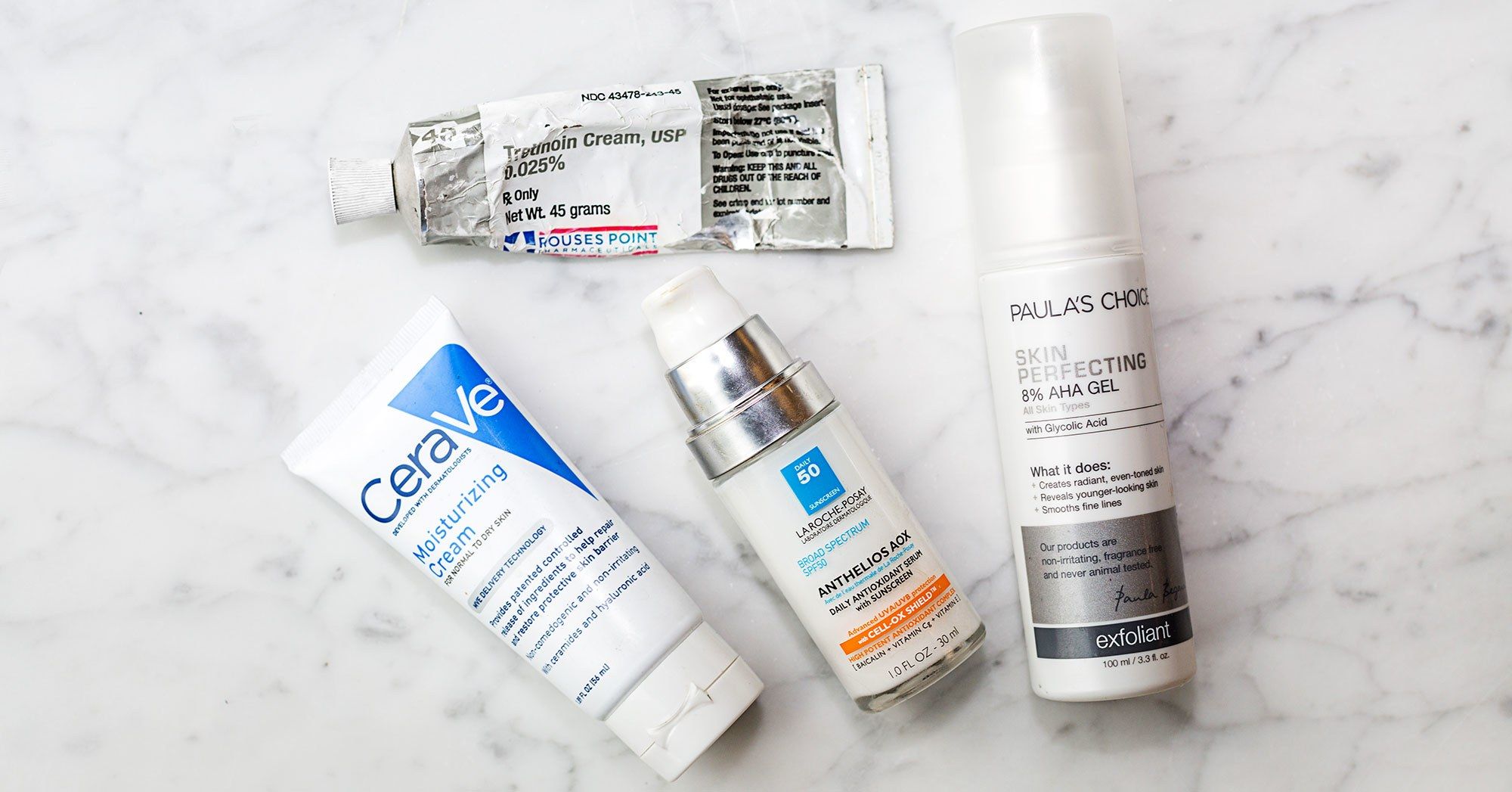Tretinoin is an effective topical treatment for acne, wrinkles and discoloration. It works by encouraging cell turnover and reducing pigmentation.
It lightens discoloration by dispersing melanin granules and is also used to treat melasma. (Melasma is a condition that causes dark spots on the skin, usually during pregnancy or with birth control pills).
It is important to note that this medication can cause irritation, especially when first starting it. It will take time for the skin to adjust to this treatment.
Uses
The retinoids in tretinoin (Retin-A) help to speed up the turnover of skin cells. This helps to prevent the build-up of dead skin and clogged pores that can cause acne. The medication also helps to reduce fine wrinkles and uneven skin tone. It can also promote the growth of collagen, which makes your skin stronger and more elastic. If you are considering starting tretinoin, talk to your doctor about its benefits and risks. It is not recommended for use by women who are pregnant or breastfeeding, as it could pass through the breast milk and harm a baby.
Your skin will probably be more sensitive to sunlight when using tretinoin. You should avoid excessive sun exposure, and apply sunscreen if you are going to be outdoors. If your skin does get sunburned while taking tretinoin, you should take extra care to protect it from further damage and wait until the medication has cleared your skin before going back into the sun.
Dosage
Your healthcare provider will decide the tretinoin strength that is right for you. This will depend on how severe your acne is, the skin type and sensitivity of your skin. It is recommended that you start at a low strength such as 0.01% and then gradually increase it. The exact dosage is stated on your prescription label.
When used topically, tretinoin helps to diminish fine lines and wrinkles by increasing the turnover of your skin cells. It also decreases pore size, works on pigmentation and reduces the appearance of sun damage.
Tretinoin should be avoided by pregnant women and those who plan to become pregnant. It is classified as a category C medication, meaning there is a risk of harming the unborn baby. It is also not recommended to take oral tretinoin for those who are breastfeeding. Patients should use an effective birth control method while taking tretinoin and should have regular blood tests to check for possible pregnancy.
Side effects
The side effects from tretinoin can vary in severity from one person to another. They can include changes in taste and tiredness, or more serious things such as skin changes and loss of appetite.
Tretinoin helps to decrease the number of acne pimples and promotes quick healing when they do occur. It also can help balance uneven skin tone and reduce rough skin caused by sun damage and aging. It can also help treat blackheads (small, dark plugs of oil and dead skin cells) and clear them from the skin.
This medication may make your child’s skin sensitive to sunlight. He or she should avoid natural and artificial sunlight (including sunlamps) and wear protective clothing and hats. This medicine can also cause the skin to become darker or lighter in color, which usually goes back to normal with continued use of the medication. If your child misses a dose, it is important not to take a double dose.
Precautions
In patients with acute promyelocytic leukemia, tretinoin can increase the risk of developing a serious or life-threatening group of side effects called reversible peripheral neuropathy (RPN). RPN symptoms include weakness, burning or tingling sensations in your arms, legs, hands, feet, and/or toes. If you develop these symptoms, call your doctor immediately.
Retinoids may make your skin sensitive to sunlight. Use a broad-spectrum sunscreen with at least SPF 30 and wear protective clothing when going outdoors, even on cloudy days.
You may notice your facial skin is drier or flakier than usual while using Tretinoin, especially during the first few weeks of treatment. This usually improves with time. Avoid harsh soaps and other skin products that could irritate your face. Apply moisturizer every morning after washing your face.
Pregnancy and breastfeeding: Retinoids are generally not recommended for pregnant women or those planning to become pregnant. It is also not known whether this medication passes into breast milk, but given the potential for serious adverse reactions in nursing infants, it should be avoided by breastfeeding mothers.









